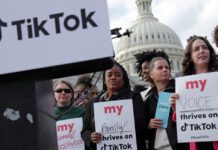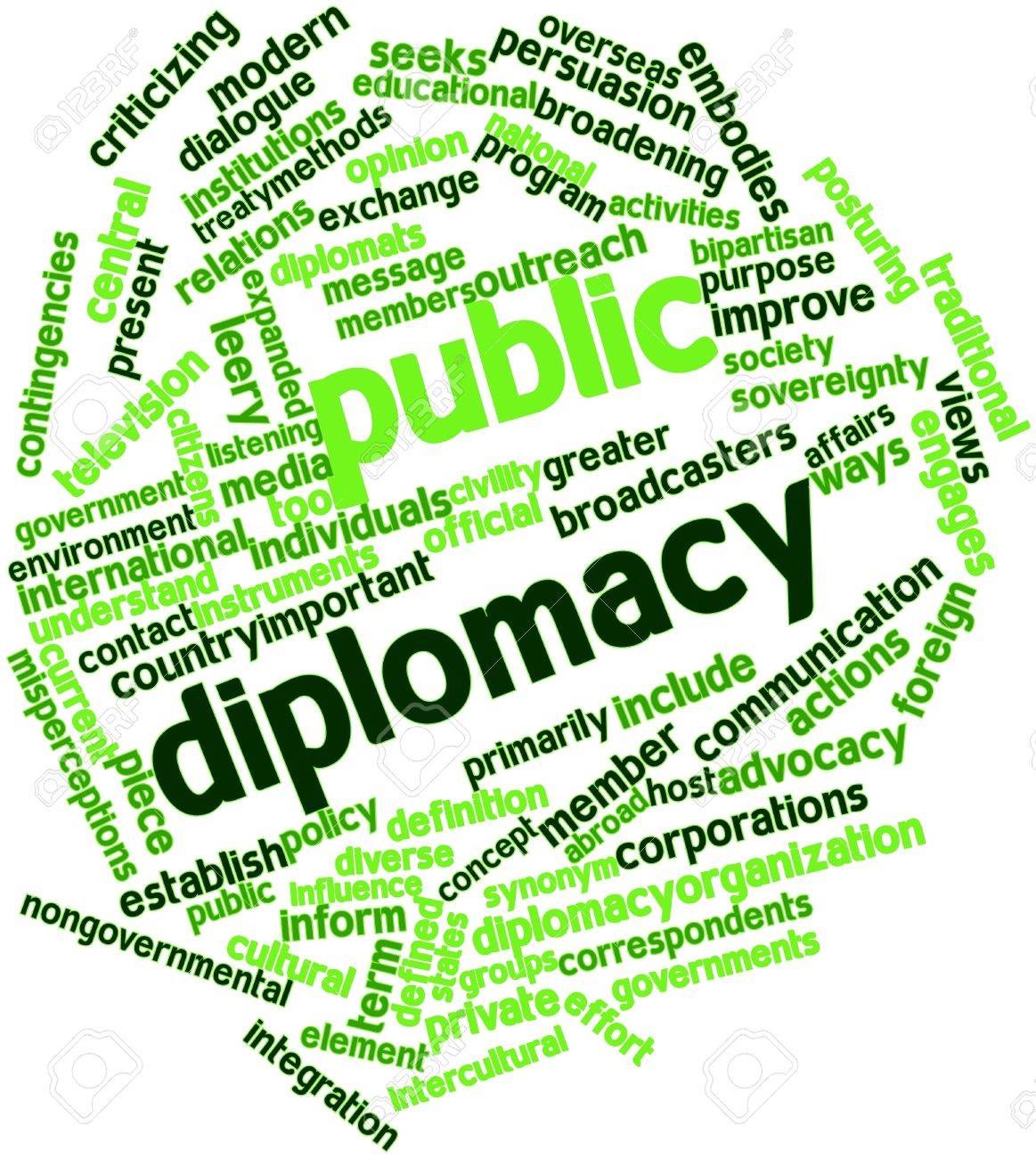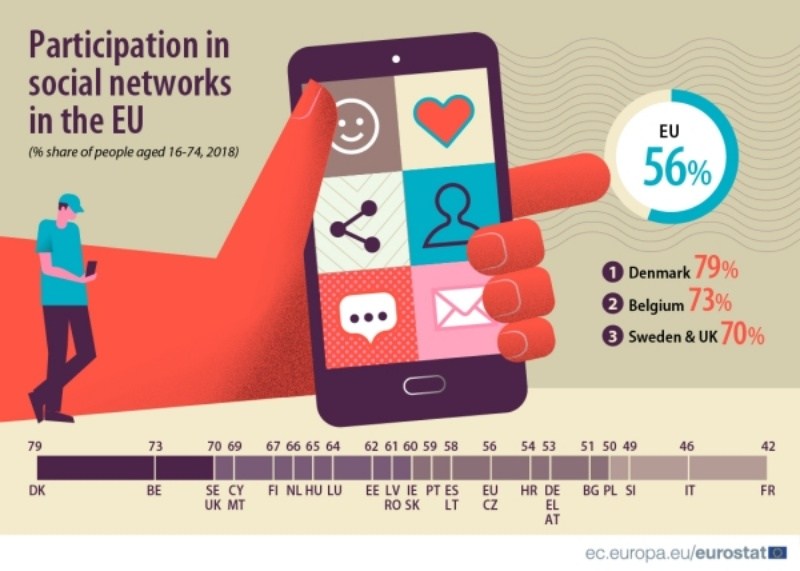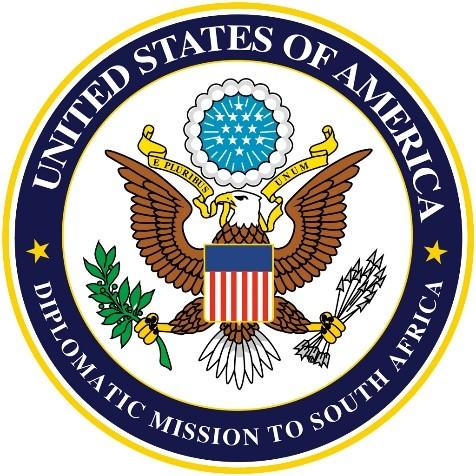 The Wikimedia Foundation meets in London this weekend to look over an apparently thriving institution. Wikipedia has revolutionalised our approach to knowledge. The inspiring and sometimes richly fulfilled promise of the open-access encyclopedia was to give power directly to experts across many domains so that the quick spread of accurate knowledge would not be hampered by bureaucracy. By 2007 the site had more than 50,000 active editors. It is now indispensable to millions of people and it remains the only one of the world’s top 10 websites that is not run for profit. But this growth has also shown the limitations. There are still millions of articles but the number of active editors has dropped by a third since the high point of 2007.
The Wikimedia Foundation meets in London this weekend to look over an apparently thriving institution. Wikipedia has revolutionalised our approach to knowledge. The inspiring and sometimes richly fulfilled promise of the open-access encyclopedia was to give power directly to experts across many domains so that the quick spread of accurate knowledge would not be hampered by bureaucracy. By 2007 the site had more than 50,000 active editors. It is now indispensable to millions of people and it remains the only one of the world’s top 10 websites that is not run for profit. But this growth has also shown the limitations. There are still millions of articles but the number of active editors has dropped by a third since the high point of 2007.
What went wrong? There is an obvious, superficial answer in that Wikipedia empowers self-selecting cliques. Compare the coverage of female porn stars, where a page that went up first in 2004 has been edited over 3,000 times by more than a hundred volunteers determined to make it as copiously referenced as possible, with that of “Female writers” which has no quality control at all: among the As alone, we have Anna Akhmatova and Cynthia Asquith; Jean M Auel and Jane Austen. Something is very wrong here with the imbalance of expertise. The deep problem for Wikipedia is that an encyclopedia must not just be accurate in its treatment of factual subjects. It must also have sound judgment about what matters. The apparently insatiable demands of the public for lists is a plea to know what is important in a world of trivia. That’s a judgment that Wikipedia hoped to avoid, or to render “objective”, but it can’t in reality be evaded. Notability is a necessarily subjective quality, which doesn’t make it arbitrary nor mean that it doesn’t exist.
It matters that Wikipedia should get better. For one thing, it has killed off all the competition. People are no longer willing to pay a premium for the views of experts and rival encyclopedias have shrivelled off the web. Like it or not, Wikipedia is now the starting point and all too often the terminus, of almost any attempt to research online. The problem of ensuring that collaboration among volunteers will produce accurate information can be solved: online discussion works very well to produce answers to questions that have clearly right answers. Computer programming, for example, would be almost impossible without the resources supplied by Google and Stack Exchange. But much of the world’s most valuable knowledge is not of that sort, and is lost when it is treated as if it were. The real danger of Wikipedia is not that it contains errors of fact, but that it reinforces a flawed understanding of knowledge. The dream of freedom became rule by a thousand Gradgrinds.








